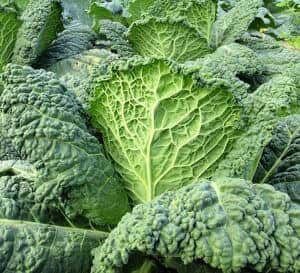
New analyses appear to show that nothing works to prevent dementia. Nonetheless, one promising study found that a daily serving of leafy greens might help (Morris et al, Neurology, online Dec. 20, 2017).
The Study of Seniors, Diet and Cognitive Decline:
Scientists from Rush University and Tufts University studied 960 people between 58 and 99 years old. None had dementia at the start of the study, which lasted ten years. The volunteers completed tests of cognitive capacity and memory each year. They also filled out detailed dietary questionnaires.
People who ate the most leafy greens were significantly less likely to experience measurable cognitive decline than those who ate the least. Specifically, the average consumption at the upper end was a little more than a serving a day. That was compared to the lowest amount, about one serving every ten days. The researchers figure that people eating green vegetables got a boost equivalent to knocking about 11 years off their age.
What Is the Benefit of Green Leafy Vegetables?
This study is observational, which means we can’t draw any cause-and-effect conclusions. It is possible that people who eat vegetables also exercise more, smoke less or do something else to maintain cognitive function. However, the scientists note that the specific nutrients in these vegetables–phylloquinone, lutein, nitrate, folate, α-tocopherol and kaempferol–were also associated with better cognitive function. This might suggest that developing a taste for collards, kale, spinach and other greens could be good for the brain.
Learn More:
If you are interested in a multifaceted approach to slowing cognitive decline, you might want to listen to our interview with Dr. Dale Bredesen about his personalized program. It is Show 1092: How Can You Overcome Alzheimer Disease?

